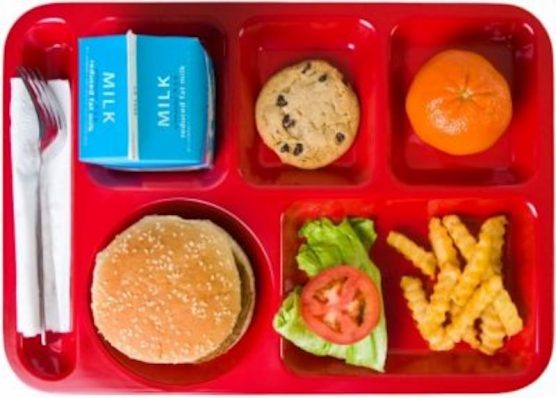SACRAMENTO— State Superintendent of Public Instruction Tom Torlakson announced today that more than 800,000 California students are now eligible to receive free and reduced price meals from the state school lunch program through a more streamlined and automated state-level Direct Certification process.
Local education agencies (LEAs) can now use Medi-Cal data included on the California Longitudinal Pupil Achievement Data System (CALPADS) direct certification reports to certify eligible students. The data exchange between the state departments and the LEAs takes place securely without disclosing a student’s Medicaid status, health information, or specific income data.
This Direct Certification process eliminates the need for families to fill out applications, reduces the administrative tasks of verifying and processing those applications, and identifies eligible students in a more expedient timeline.
“This new process is a great example of government agencies working together to create a more efficient system that better serves our students and can help to increase the number of students who receive healthy meals,” said Torlakson. “Now, many students can start the school year with their meal eligibility already in place, giving them access to the nutritious food they need to stay focused in class and ready to learn.”
Torlakson, a former science teacher and cross country coach, has made student health a top priority, launching the Healthy Kids initiative to encourage students to exercise. The initiative seeks to ensure students have access to healthy meals and clean drinking water.
He cautioned that the way data is collected does not allow the California Department of Education (CDE) to determine how many more students will be eligible for free and reduced price meals. Many of the 800,000 students have used existing methods to gain eligibility.
Direct Certification is a federally-mandated process that certifies school age recipients of CalFresh and CalWorks benefits as eligible for the free school lunch program.
CALPADS provides direct certification results to all public schools, county offices of education, and charter schools through its electronic notification process. All students on Medi-Cal are not eligible for free and reduced price lunch. Families have to fall within a certain household income to be considered eligible. Once certified, a student’s eligibility is good for the entire school year.
The Direct Certification with Medicaid/Medi-Cal process began as a demonstration project through the U.S. Department of Agriculture (USDA). The California Department of Education applied to participate in the demonstration project in 2016 to increase the number of students certified for free and reduced price meals and eliminate the need for a household application.
The demonstration project started with 14 school districts and as of
July 1, 2017, all public school districts, county offices of education, and charter schools statewide have access to Medi-Cal Direct Certification information located in CALPADS.
To learn more about Direct Certification, visit the California Department of Education School Nutrition’s Direct Certification Web page.
Like this:
Like Loading...
Related





 Tweet This
Tweet This Facebook
Facebook Digg This
Digg This Bookmark
Bookmark Stumble
Stumble RSS
RSS



























REAL NAMES ONLY: All posters must use their real individual or business name. This applies equally to Twitter account holders who use a nickname.
2 Comments
If this program is being offered to ONE student… it should be offered to ALL students, ANY age….. no qualifications required. This eliminates the need for government intities to invade the citizens (your) privacy…. while stopping discrimination against SOME families as they CATER to others.
Yep I agree with you . What kind of example would we be setting for our kids. Here we tell them to study hard and give it they’re all and don’t be a quitter but then there’s a special program set up for those who have parents that didn’t give it they’re all. Not to mention how the kids getting free lunches will get picked on due to “Special Circumstances”. Its a nice thoughtful idea but its the parents responsibility to feed their kids not the school or state.